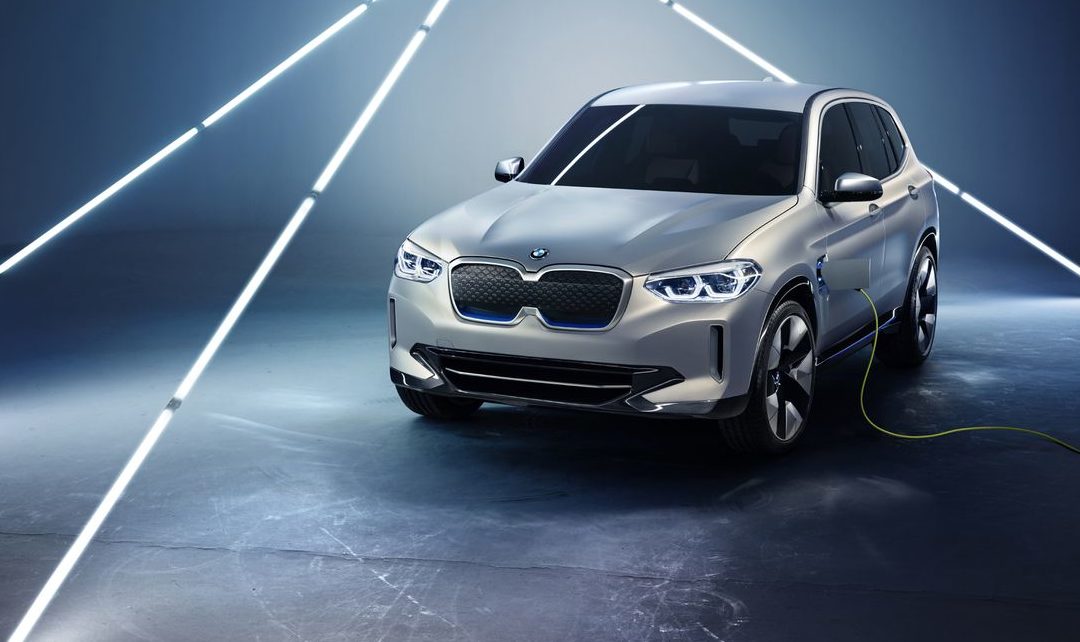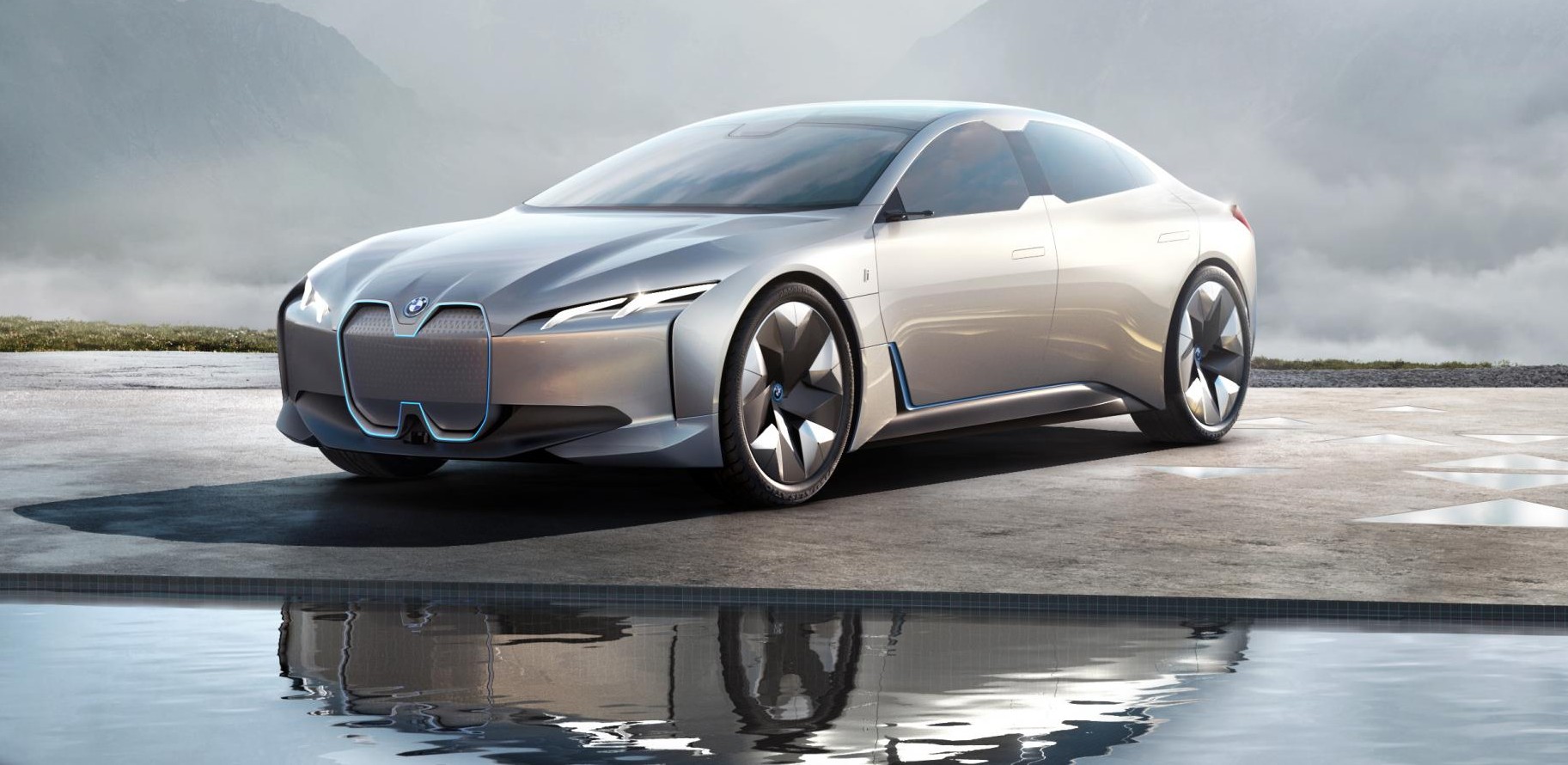In an update on Friday, BMW CEO Harald Krueger will be leaving his post as the German automaker’s CEO. The company announced that Krueger would not be seeking another term in his contract as CEO after it expires next year.
A press release from BMW noted that the Supervisory Board will be discussing Krueger’s replacement during a meeting on July 18, though a report from the Frankfurter Allgemeinenewspaper, citing people from within the company, claimed that production chief Oliver Zipse is the frontrunner to take over the CEO role.
RELATED READING: BMW CEO HARALD KRUEGER STEPS DOWN FOLLOWING WEAKEST EARNINGS IN YEARS
This would likely translate to a potential revival, or at least an acceleration, of BMW’s push into electric mobility. Krueger has received a fair amount of skepticism over his leadership of BMW over the past years, particularly due to the company losing ground in the luxury segment to its main rival, Daimler’s Mercedes-Benz, according to the Associated Press.
BMW has also been left out in the premium electric vehicle market, which is currently being dominated by Silicon Valley-based Tesla and increasingly populated by veteran carmakers like Audi and Jaguar. This was unfortunate, as BMW, at one point, actually had a lead in EVs.
Prior to Krueger’s appointment as CEO, BMW had launched the i3, a curiously-designed battery electric car that was considered as an alternative, or even a competitor, to the Tesla Model S. Under Krueger’s leadership, BMW shifted away from all-electric vehicles, focusing instead on plug-in hybrids, which combine an internal combustion engine and an electric motor.
This strategy ultimately resulted in BMW losing the lead that it established with the i3. Today, the company’s next expected EV, the iX3, has been beaten to the market by the Jaguar I-PACE, the Audi-e-tron, and even the Porsche Taycan, which is set for release later this year.

Leading up to Friday’s announcement about Krueger’s departure, BMW insiders have mentioned to German news agency Handelsblatt that the company is considering two candidates who could take over the CEO post: the ambitious Head of Development Klaus Fröhlich and the more tempered Oliver Zipse, who took over BMW’s production department from Krueger back in 2015.
Fröhlich is more aggressive than the head of production, but he is also a staunch electric car critic. Back in October, for example, Fröhlich committed to diesel, arguing that ongoing discussions about electromobility are “a little bit irrational.”
Fröhlich’s more recent comments showed an even more dismissive stance on electric cars. In a round table interview in Munich, the BMW executive argued that “there is no customer requests for BEVs.” Doubling down, he added that “If we have a big offer, a big incentive, we could flood Europe and sell a million cars, but Europeans won’t buy these things. Customers in Europe do not buy EVs. We pressed these cars into the market, and they’re not wanted. We can deliver an electrified vehicle to each person, but they will not buy them.”
Zipse, provided that he does get named as CEO, would have a lot of responsibilities on his shoulders. BMW is currently facing headwinds, including a “hiring freeze” and stagnating sales. The company has also issued two profit warnings over the past nine months, suggesting that it will take much effort to turn the automaker around.
Rivals Volkswagen and Daimler have already gone ahead with their electric cars such as the ID.3, Audi e-tron, Porsche Taycan, and the Mercedes-Benz EQC. Tesla still holds a notable lead in key metrics such as batteries, efficiency, and charging infrastructure, but with a new captain at the helm, perhaps BMW can start catching up to the Silicon Valley-based electric car maker as well.
If there’s anything that Tesla has proven over the years, after all, it is that the demand for well-designed, high-performance electric vehicles is notable, as could be seen in the disruption being caused by the Model 3 in markets such as the United States.
